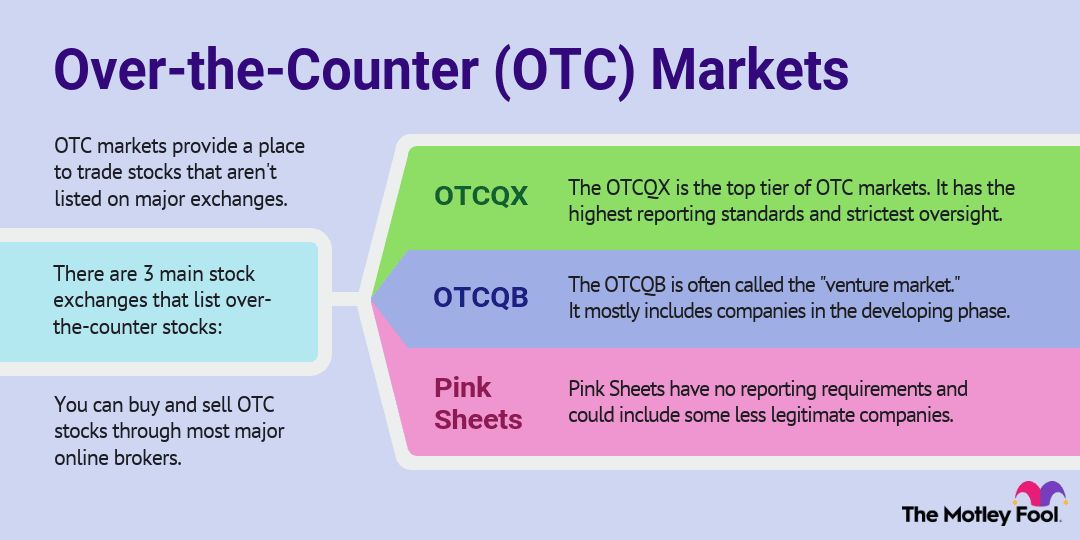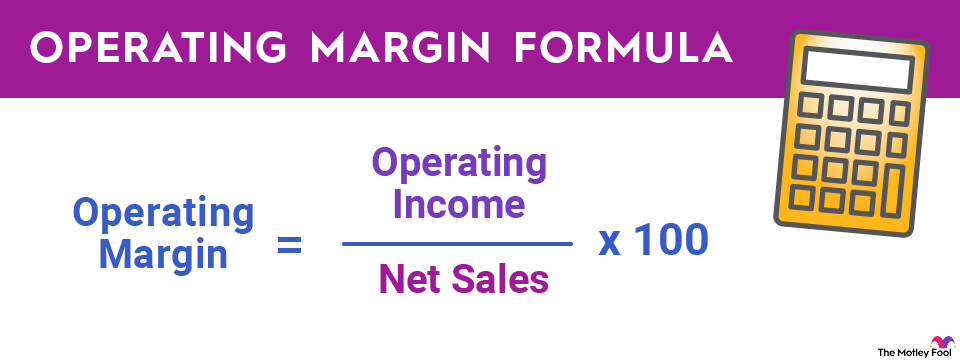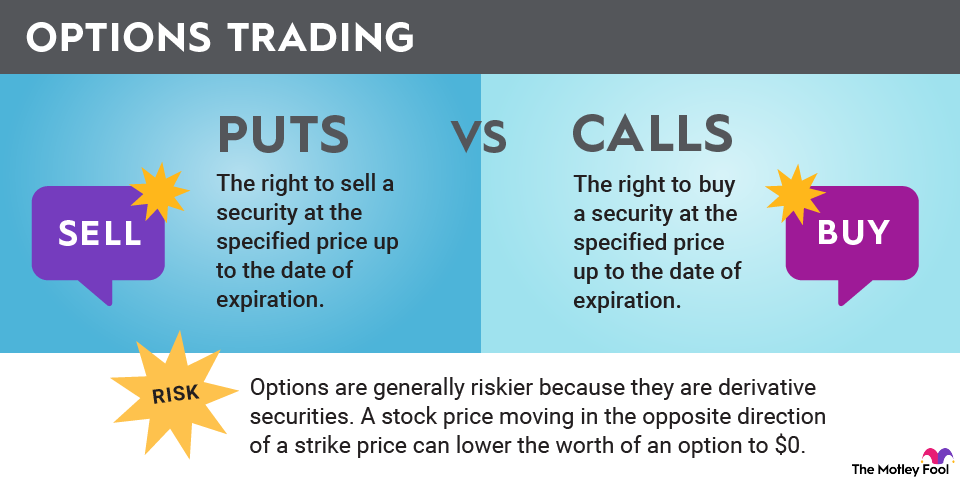Original equipment manufacturers (OEMs) produce components or products that are then integrated into the final products of other companies. OEMs often focus on specialized manufacturing, allowing other companies to outsource their production and reduce costs while maintaining high-quality standards in their own products.

Many OEMs excel at producing specific parts or subsystems, such as engines, graphics processing units, or circuit boards, that are essential for the functionality of finished goods. By leveraging OEMs, companies can avoid the undue expense of building their own factories and managing the complexities of manufacturing for specialized components.
What is an original equipment manufacturer?
An OEM is a company that produces parts, components, or products for another company, which then uses those parts to create a finished product. OEMs typically don't sell directly to consumers, but instead focus on business-to-business (B2B) sales.
This means that OEMs act as suppliers to other manufacturers, providing the raw materials that are essential for the production of the end product. The final product is typically branded and marketed by the company that uses the OEM's components, not the OEM itself.
What is the role of an original equipment manufacturer?
OEMs are the unsung heroes of many industries. They enable companies to bring their products to market efficiently and effectively without being unnecessarily encumbered by undertaking the full manufacturing process from start to finish.
However, it's worth noting that OEM products can be both hardware and software. In either case, the OEM outsourcing model allows companies to focus on their core competencies, such as design, marketing, and sales, while leveraging the expertise and economies of scale of OEMs.
What types of businesses work with original equipment manufacturers?
Many types of businesses work with OEMs. These can include companies in the automotive, electronics, technology, energy, and healthcare industries that rely on OEMs for sourcing parts, components, or even complete products.
For example, the food and beverage industry uses OEMs for sourcing production and packaging machinery. Likewise, OEMs also provide hardware components, such as servers, storage devices, and networking equipment, to some of the world's largest IT companies.
OEMs often work with value-added resellers (VARs), which are businesses that purchase products from OEMs and enhance them with additional services, features, or customizations before reselling them to end-users. OEMs also may provide replacement parts for their products, which can be purchased through VARs or directly from the OEM in some cases.



















